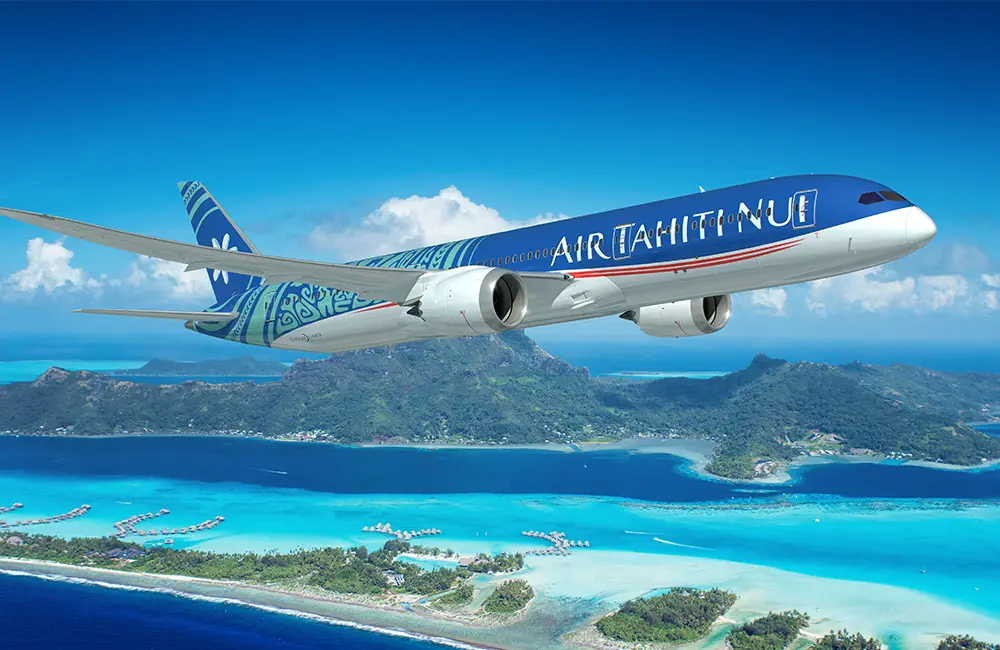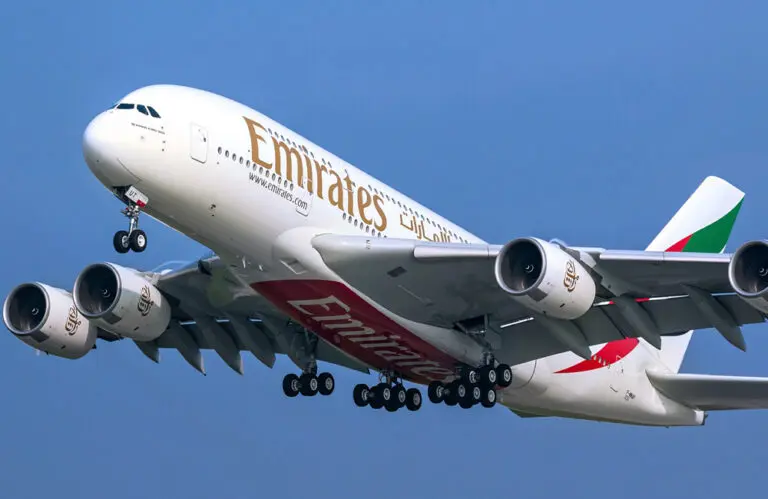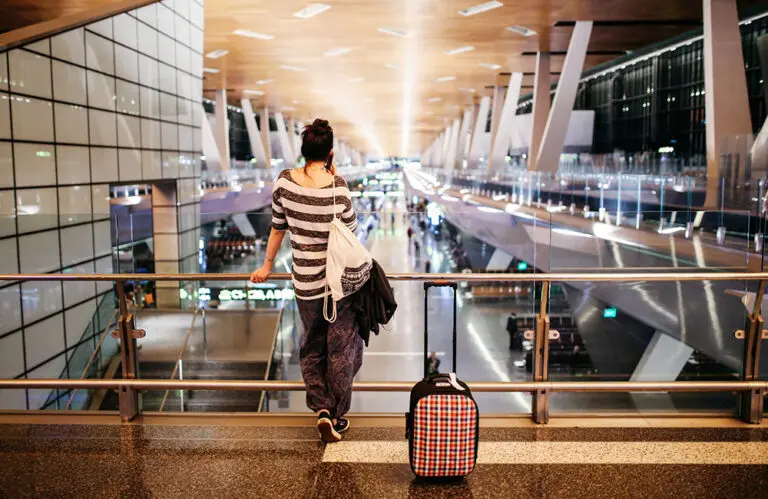French Polynesia’s flag carrier, Air Tahiti Nui, has announced it will operate twice-weekly non-stop services between Papeete and Sydney, giving Australian travellers a direct alternative to the current Auckland stopover.
Getting to Tahiti from Australia just got a lot simpler. Air Tahiti Nui has announced a new direct route between Papeete and Sydney, with the inaugural flight scheduled for Monday, 14 December 2026.
The airline says it will operate two non-stop services per week on the PPT–SYD city pair, its new direct service to Australia.
Until now, Australian travellers flying Air Tahiti Nui to the Islands of Tahiti have needed to connect via Auckland, with Qantas operating the Sydney–Auckland leg under a codeshare arrangement. The new service removes that stopover entirely.
What does the schedule look like?
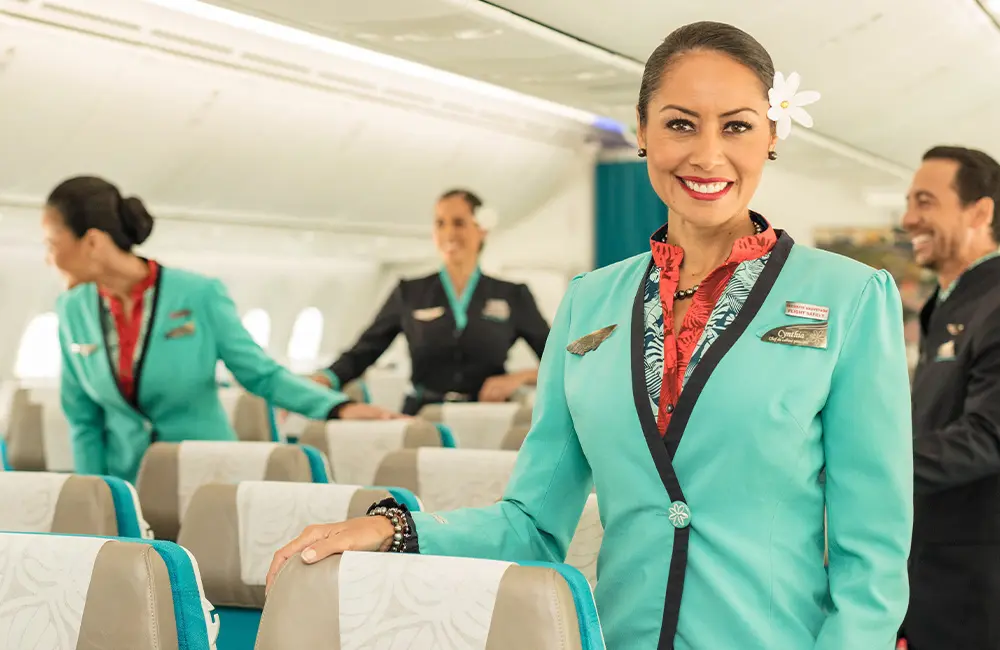
According to Air Tahiti Nui, outbound flights from Tahiti will depart Papeete on Mondays and Thursdays at 12:10pm local time, arriving in Sydney the following day at 5:45pm (between 14 December 2026 and 27 March 2027) or 5:00pm (from 28 March 2027 onward, reflecting daylight saving changes).
Flights from Sydney are scheduled for Tuesdays and Fridays, departing at 8:10pm and 7:10pm, respectively, during the same period, with arrival in Papeete the following morning.
The airline notes the schedule remains subject to validation by airport authorities. Sydney, as Australia’s largest international gateway, is the entry point for what Air Tahiti Nui describes as a strategy to strengthen French Polynesia’s connectivity across the South Pacific.
How is French Polynesia tracking with Australian visitors?
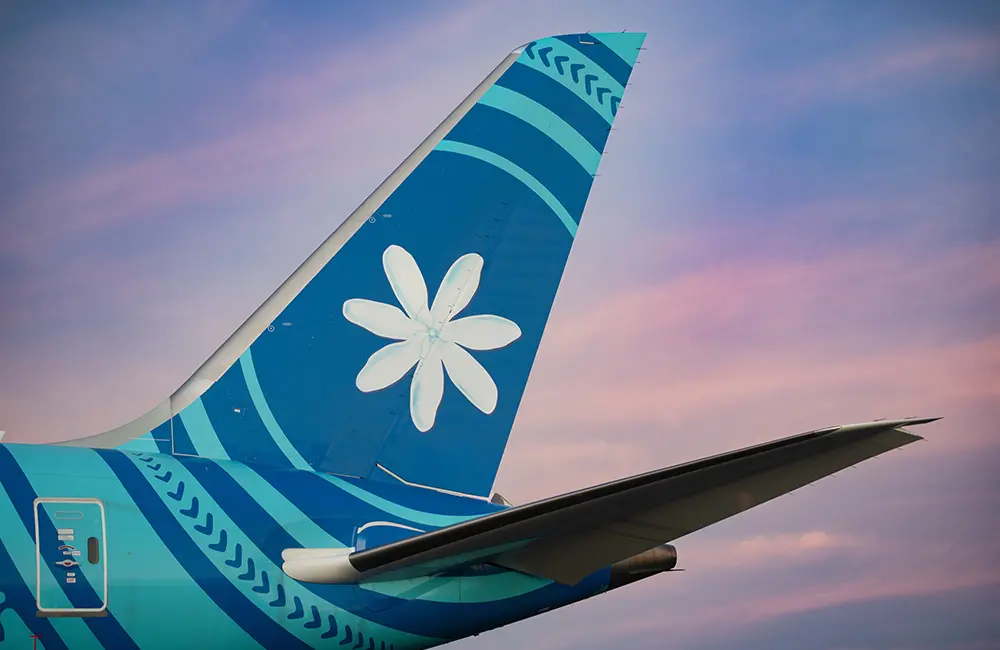
The route launch comes off the back of a record year for the destination. According to provisional data from the ISPF (Institut de la statistique de la Polynésie Française), French Polynesia welcomed nearly 279,000 visitors in 2025. Australia contributed approximately 8,165 of those arrivals, according to the same data.
That Australian figure is modest in the context of the broader market, but Air Tahiti Nui is clearly betting that direct connectivity will shift the equation. Removing the Auckland connection eliminates what has been a key friction point for time-poor travellers and repositions Tahiti as a more accessible South Pacific option from Australia’s east coast.
How does the Qantas codeshare fit in?
The existing codeshare agreement with Qantas remains central to the proposition. Lionel Guérin, Chief Executive Officer of Air Tahiti Nui, said the new direct service complements rather than replaces the airline’s existing network.
“We are very pleased to announce this new direct service between Papeete and Sydney,” Guérin said.
“With two direct flights per week and our codeshare agreement with Qantas, this service offers Australian travellers greater comfort and additional frequencies, complementing our twice-weekly service to Auckland, New Zealand.”
What else does the route open up?
Beyond passenger travel, Air Tahiti Nui says the Papeete–Sydney route creates new freight opportunities between Australia and French Polynesia.
The airline operates four Boeing 787-9 Dreamliners across its international network, though it has not confirmed the aircraft type for the Sydney service specifically. Tickets are now on sale.
KARRYON UNPACKS: For travel advisors, direct Tahiti–Sydney flights remove the biggest booking objection for time-conscious clients. Two non-stop frequencies per week, plus the Qantas codeshare for loyalty integration, give advisors a stronger sell for French Polynesia as a genuine short-haul South Pacific option from Australia’s east coast.
